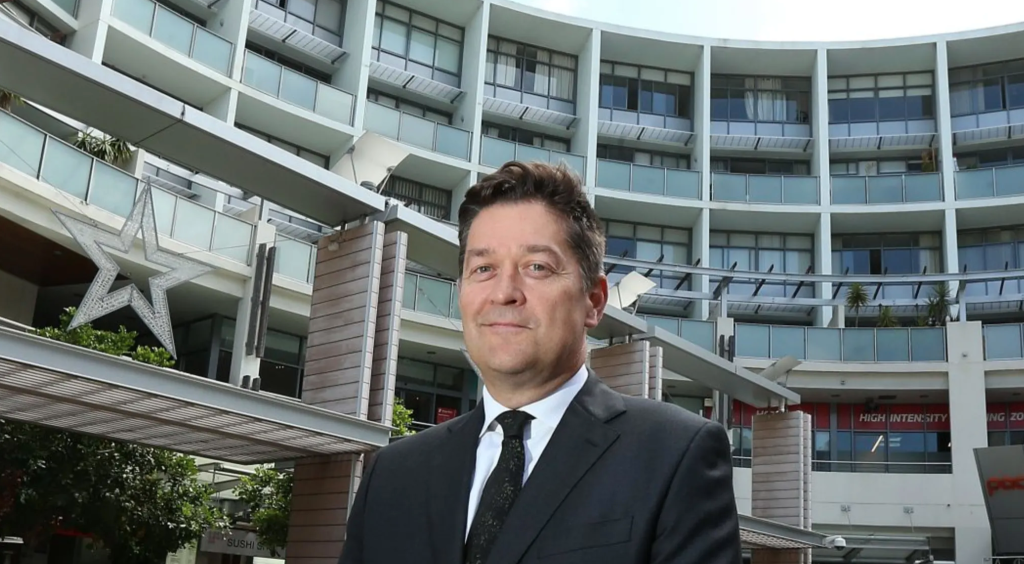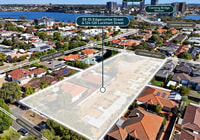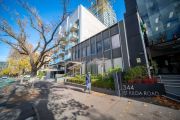
Shareholders thwart Unibail equity raising
London | French shopping mall giant Unibail-Rodamco-Westfield (URW) will go back to the drawing board this week after shareholders scuttled its plans to rebuild its balance sheet with a €3.5 billion ($5.7 billion) equity raising.
The rebellion ringleaders were a pair of activist French shareholders, who have now secured seats on the URW board, which will meet in coming days to plot a new way forward.
“A new period will begin now, with the activists joining the board,” URW chief executive Chris Cuvillier said. “I hope we can work together in a calm and constructive way.”
He had championed the massive, highly dilutive raising to grapple with the legacy of the $32 billion buy-out of Westfield’s international portfolio in December 2017, leaving it with a €24 billion debt pile.
But telecoms billionaire Xavier Niel and former Unibail chief Leon Bressler, who own a combined 5.1 per cent of the company, corralled just enough URW investors to defeat the plan at a virtual shareholders’ meeting on Tuesday.
Almost 62 per cent of shareholders voted in favour of the raising, but the proposal needed two-thirds support. Roughly the same percentage voted to install Mr Niel, Mr Bressler and a third colleague, Susana Gallardo, on the 12-member board.
Almost one-third of the stock had been shorted – lent to other investors punting against the company – in the weeks leading up to the vote, as traders questioned the company’s strategy.
Mr Cuvillier’s plan also included a €4 billion asset fire sale, as Europe’s largest mall owner struggles not only with debt but with a pandemic-induced pummelling of its assets’ profitability.
European lockdowns kept shoppers away earlier in the year, forcing URW to offer many of its tenants rent holidays or lower rates. Mall values have been written down, and although there was a mid-year rebound in economic activity, the second wave of COVID-19 has sapped the recovery.
Mr Niel and Mr Bressler want the company to sell off US assets, which proxy adviser firm Glass Lewis had earlier described as a “risky” plan to “tread water and burn liquidity”.
Jefferies analysts quoted by Reuters said it could take some time to find buyers for the US assets. Mr Bressler reportedly told a conference call that there was “no liquidity problem for URW today or tomorrow”.
Mr Cuvillier told reporters he’d now look at “all possible alternatives” to shore up the balance sheet and deal with “a period of uncertainty and disruption”.
He indicated he was still ready to pursue other plans such as paying dividends in shares and scrapping or delaying new projects, which could together save €1.8 billion.
Asked by a shareholder if he’d stand down, he reportedly said “the future of the company is the issue, not that of one person or another”.
The shares have picked up a head of steam this week, probably largely in response to the news from drug companies Pfizer and BioNTech that an effective COVID-19 vaccine may be ready by the end of the year.
From €34.20 at the end of last week, the price jumped 24 per cent on Monday on the vaccine news, and piled on another 34 per cent during Tuesday to a high of €57, before easing back to €48.13 mid-Wednesday.
Australian investors have a stake in Unibail through so-called CHESS Depositary Interests that trade on the Australian Securities Exchange.
Mr Cuvillier said a vaccine breakthrough wouldn’t alleviate URW’s need to reduce its debt pile.











